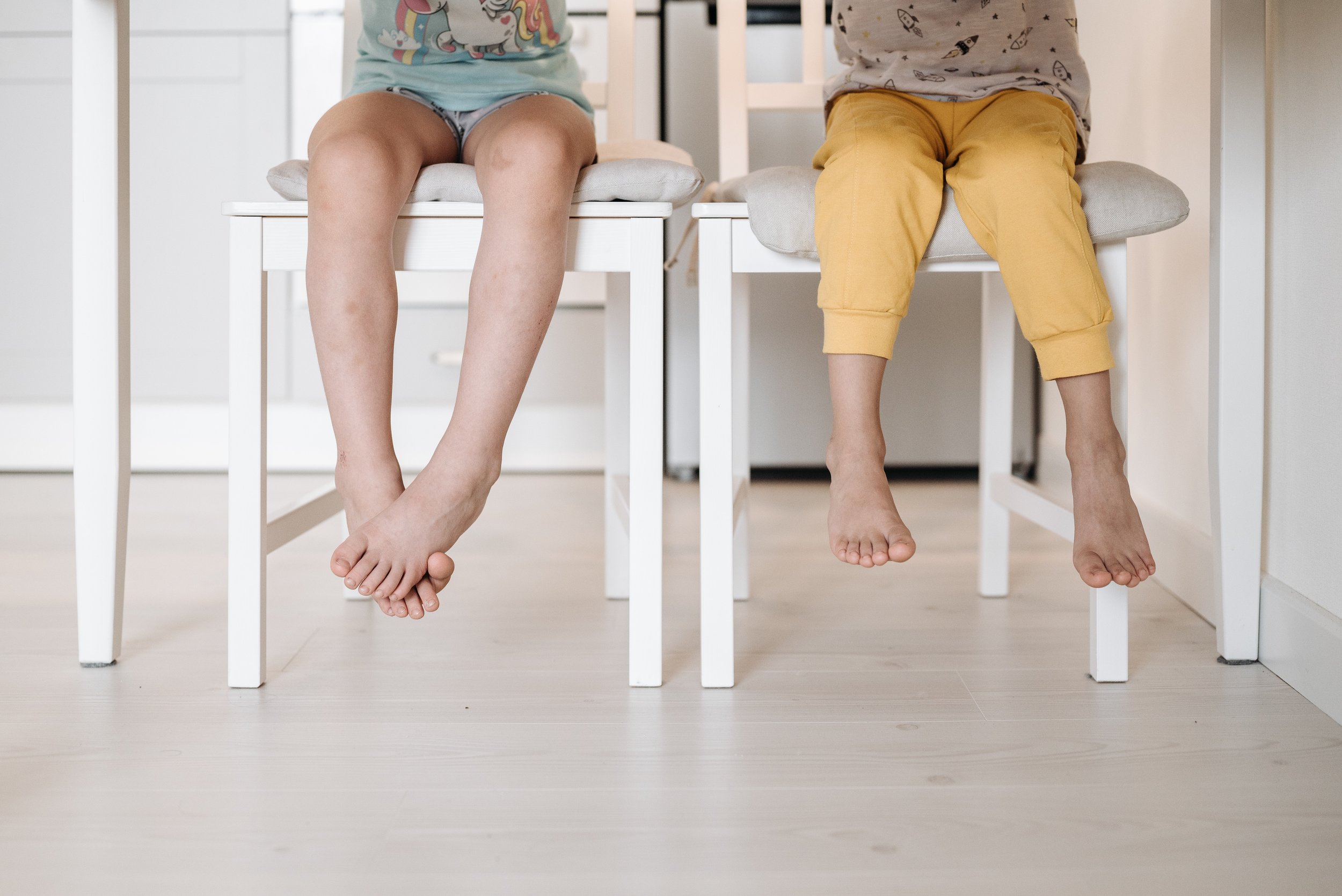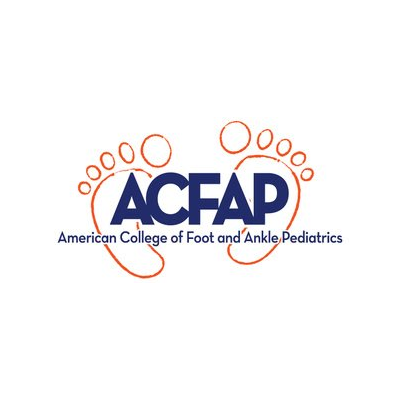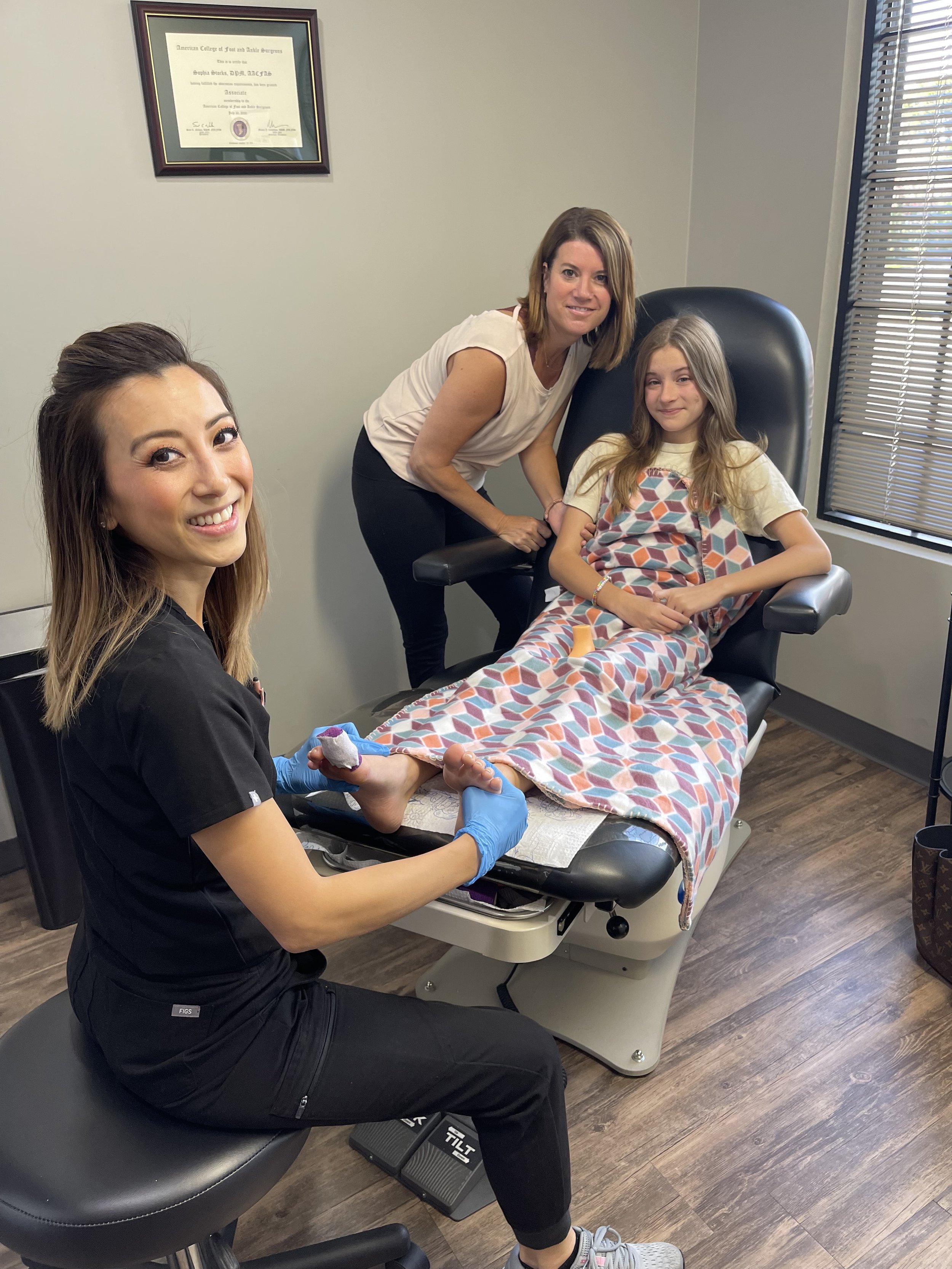Children’s Foot Care
If your child complains of foot pain, he or she could be suffering from a foot injury or deformity. Book an appointment with Arizona Foot & Wound Specialists for a complete evaluation and help them enjoy healthy happy feet in the years ahead.
Meet Your Happy Feet Specialist: Dr. Sophia Stocks
Every year, hundreds of raving patients thank Dr. Stocks for making their world better by curing their feet problems. She specializes in podiatric medicine and helps both adults and kids.
Dr. Stocks completed her Medical School studies in Midwestern University, School of Podiatric Medicine where she received her Doctorate degree in 2017. She also completed a rigorous 3-year podiatric medicine and surgical residency program at the Carl T. Hayden Phoenix VA Medical Center.
Proud Member of ACFAP
Excellence in Pediatric Foot Care
As a trusted member of the American College of Foot & Ankle Pediatrics (ACFAP), we are committed to delivering exceptional foot and ankle care to patients of all ages. Trust your family's foot health to our experienced team.
Mini Feet?
Children's feet are not a small version of adult feet. They require more specialized hands-on care since their feet are still growing and developing. Children's feet and ankles are made up of soft bones and muscles, making them more vulnerable to injuries and other conditions. These conditions are different from adult conditions and should be treated accordingly.

What Are the Most Common Problems That Affect Children's Feet?
While it is true many of the foot conditions that affect adults, several of them such as plantar warts, flat feet, ingrown toenails and heel pain are seen in children as well. They also occur more frequently or with different characteristics than in adults. In fact, children are more likely to suffer from these conditions or be injured due to:
Children's feet have a greater range of motion and looser joints.
Muscles and ligaments are still developing.
Incorrect balance and posture.
High levels of activity.
All of this contributes to foot and ankle injuries along with conditions that your little one can suffer from. Some of the more common ones that you should be aware of are:
Flat Feet or Flexible Flat Foot: The foot should normally have a slight arch in the middle when placing it on a flat surface. This arch normally forms during childhood, around the age of 2 to 3 years. However, this arch does not develop sometimes, causing a flat feet condition.
Flat foot is a condition that affects 54% of 3-year-old toddlers and 24% of 6-year-old children. This developmental problem usually goes unnoticed as it’s a condition that is in most cases painless and asymptomatic. It will only be a problem when your child presents heel pain and leg cramps when walking. A child with flat feet should limit their physical activity as the condition makes them vulnerable to foot and ankle injuries.
Heel pain: Characterized by tenderness or pain sensation in the back of the foot or ankle. It is presented by children who participate in rigorous activities, sports or competitions. The pain can be caused by repetitive stress or overuse, which can be relieved by applying cold to the area and resting. However, when pain persists, it may be due to an underlying foot or ankle injury or condition, which can become complicated if left untreated. Orthotics or devices in your childs shoe, thoughtfully designed and created by your podiatrist, may help with aligning the feet for better mechanics and help with pain. If the pain persists and is not treated, it may be due to the following conditions:
Sever's disease.
Achilles tendonitis.
Plantar fasciitis.
Bone fracture.
Ankle Sprain: It’s an injury that occurs when the ankle turns or twists in the opposite direction. This movement can strain the ligaments by stretching them beyond normal or worse, sustain partial or complete tears. Ankle sprains usually heal after 2 or 3 days by applying cold to the area and resting. However, if the pain and inflammation persist, it is important that you consult a doctor, as there is a possibility that the injury might be greater.
Plantar Warts: These are small, non-cancerous bumps that grow on the top layer of the skin because of a virus. Plantar warts commonly develop in areas of the foot that are weight-bearing or under a lot of pressure. Normally, warts are harmless and painless, but they are uncomfortable to walk on. Treatments are available the same day at our office and for little ones who are nervous about procedures we have Pronox or Nitrous oxide options to make child’s treatment more comfortable.
Developmental Conditions: Another common condition in pediatric feet are abnormalities or deformities due to an underdeveloped musculosketal system. Some of these conditions are:
In-toeing or pigeon toes: when standing or walking, one or both feet turning inward.
Out-toeing: when walking feet turned outward.
Toe walking: when the child walks on the ball of the feet without using their heels.
Fortunately, many of these conditions resolve on their own as a child's foot grows and develops. Although there are some children who have severe deformity that will not be able to normalize without adequate support and realignment using corrective devices by a podiatrist. To protect your child’s tiny growing bones in a healthy way, supportive devices and orthotics may be a safe way to train your child’s gait and walking pattern.
Ingrown toenails: Their most common cause is the rapid growth of the child, as this often causes their shoes to squeeze and crowd the toes together in the front. Flat footed children or those who tend to walk on the inside of their feet will be more prone to ingrown toenails. Having your child’s gait and foot structure assessed by a podiatrist in order to be fitted for realignment devices and orthotics may help with slowing down the progression of ingrown nails and lessen the recurrence of ingrown toe nails. Another cause is cutting the toenails very short, rounding off toenails edges or simply having suffered a blow that has caused trauma to the foot.
We at Arizona Foot & Wound Specialists specialize in pediatric ingrown toenails. If patients are nervous about procedures, especially children, we have Pronox or supplemental nitrous oxide that can be applied onto the procedure to ease anxiety in children during injection and during times of the procedure. Contact us if your kid may have any of these issues for more information.
How Can I Know If My Child Has Foot Problems?
It’s important to pay attention if your child complains of pain in his foot, ankle or heel. Also, look for signs of pain. These are some signs that may indicate that your little one is experiencing a problem with his/her feet:
Limps or crawls strangely.
You perceive that the size, shape or color of the foot is abnormal.
Your child complains of pain or discomfort in his lower extremities.
You see that your child has balance problems or falls frequently when walking or running.
Your child is no longer running or active as he normally has been.
There is a greater chance of foot injuries or pain if your child takes dance classes or plays sports.
Some Tips for The Health of The Feet of Your Little Ones.
Babies' and children's stage of growth and physical activity levels make them vulnerable to foot injuries. Therefore, it is important that they are checked by a pediatric podiatrist regularly to ensure that everything is fine. There are also some recommendations that you can follow to maintain the good health of their feet:
Pay close attention to your child's feet. Look for signs of abnormalities or deformities, finding them in their initial stages allows rapid diagnosis and treatment, preventing the condition from developing and/or complicating.
Keep their feet unrestricted. The American Medical Association recommends that infants and toddlers should have unrestricted feet to allow full development of bones and muscles in their feet. In addition, walking barefoot helps them develop their gross motor skills.
There are no minor injuries. It is completely normal for children to get minor cuts, bruises and open wounds during their play sessions, but it is important that you treat any type of wound immediately to prevent exposure to germs and bacteria. Remember to wash the affected area with soap and water, treating it with iodine solution or ointment and cover open wounds. When in doubt, have your child seen by a foot specialist to make sure their wounds and cuts don’t become infected.
Find out about the dos and don'ts of infant foot care. Learn the best practices to keep your child's feet healthy, how to do lower extremity exercises to build strength and avoid having your baby stay in one position for too long to prevent straining the feet and legs.
Maintain proper hygiene and regularly. Clipping the toenails, washing the feet when dirty, and drying them properly are practices that help prevent bacterial and fungal infections from developing. Also, teach your child from a young age to do these activities from a very young age to create the habit in them.
Your children's shoes must be comfortable. Remember that children grow very fast, so you should check that the shoe size of your children is according to the size of their feet. This will prevent you from developing corns, calluses and blisters, which can become infected.
It is very important that you have a routine to check your children's feet with a podiatrist and keep them healthy. Also, if they present pain or symptoms of a major injury.
Taking care of our pediatric patients! We have a soft spot in our hearts for the pediatric population. Not only do we have squishy stress ball shoes, there’s even a designated treasure chest with toys for kids of all ages.
Questions? We’re Here to Help
We at Arizona Foot & Wound Specialists know that your children's health is your priority and we want to do our best to provide specialized foot care for your little ones.
If you are looking for a pediatric podiatrist, schedule a consultation with Dr. Stocks now and see how we can help!











